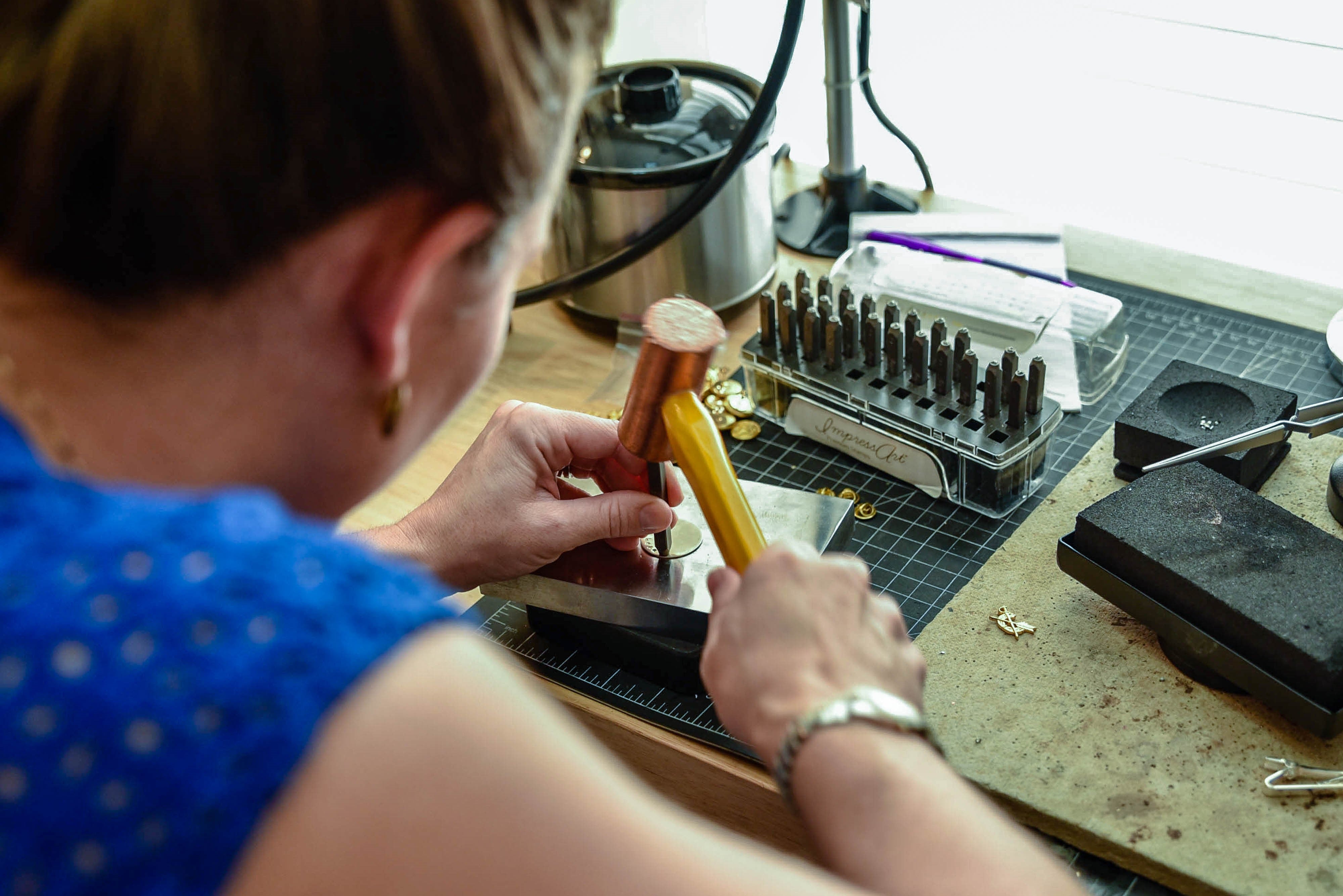AUGUSTA, Ga. — The unemployment rate for veterans was 2.9% when 2019 came to a close. Now, as the COVID-19 pandemic upends the U.S. economy, that figure has more than tripled, leaving nearly 800,000 veterans searching for work.
Allen Walker is one of them.
The 38-year-old south Augusta resident and Army veteran has spent all of 2020 trying to find a tech job with his new management information systems degree from Augusta University.
The former ammunition specialist with 12 years of service — including a tour in Afghanistan — said he believes the pandemic has made it more difficult to get a foot in the door. It’s hard to make an impression through emails and virtual meetings, he said.
“Some employers want to see how you interact face-to-face,” he said. “Most people like to meet face-to-face. Due to this situation (the pandemic), that is not viable.”
RELATED

Walker, who was medically discharged in 2012 for a lower back injury, has received help with his résumé and interview skills through the Wounded Warrior Project’s “Warriors to Work” career counseling program. The Jacksonville, Florida-based nonprofit helped him improve his interview skills and polish his résumé and cover letter, which he said has led to more callbacks from employers.
“When I first started looking, my resume was not up to par. It had been a while since I had applied for positions,” acknowledges Walker, whose last job before pursuing an information technology degree was co-owning a gourmet popcorn business in Augusta and Columbus, Georgia, that lasted about four years.
Walker has found that demonstrating his worth was easier in the Army than it is in the private sector.
“You don’t have to ‘sell yourself’ at all in the military,” Walker said. “That doesn’t happen.”
The national unemployment rate in July was 10.2%, according to the Bureau of Labor Statistics. For veterans, it was 10.5%.
Many veterans are in need of vocational assistance, said Kevin Rasch, a regional director for the Wounded Warrior Project’s “Warriors to Work” program.
“The uniforms, hierarchy, protocols and language of military life are very different from the civilian world,” he said. “This makes the transition to civilian life challenging, and means that finding the right fit with a civilian employer can be difficult.”
The organization’s recent survey showed the top barriers to employment for wounded service members are mental health issues, difficulty being around others, physical limitations and lack of qualifications or education.
“These challenges, especially now during the pandemic, are often exacerbated for wounded veterans with visible and/or invisible injuries,” Rasch said.

The nonprofit has partnered with Deloitte Consulting to offer employment “boot camps” for veterans nationwide. Since the pandemic, those events are now being held virtually.
Rosemary Williams, a specialist executive with Deloitte Consulting, said unemployment and underemployment is even more rampant among spouses of active-duty military personnel, about 52% of whom are married.
“Military spouse unemployment is still hovering around 26%, which is what it has been for about 10 years,” Williams said. “It’s time for something new.”
Williams co-authored a report published by the Deloitte Center for Government Insights that illustrates the role geography plays in the employment of military spouses, 90% of whom are women.
RELATED

The Augusta metro area, for example, had a net average of 3,555 jobs available each month during 2019. That is higher than the metro areas surrounding Fort Bliss, Texas; Fort Carson, Colo.; Fort Bragg, N.C.; and Fort Benning, Ga. — all of which showed negative job availability in 2019, according to the report.
Though metro Augusta was on the plus side, it is eclipsed by larger and hotter job markets surrounding installations such as Joint Base Lewis-McChord, Washington, a joint Army-Air Force base in the Seattle-Tacoma metro area, where an average of 83,610 jobs were available each month last year.
Other examples of robust military job markets are Fort Campbell, Kentucky, about an hour northwest of the Nashville metro area, which had 28,518 jobs available nearby. Norfolk Naval Base, Virginia, which is surrounded by the Virginia Beach-Norfolk-Newport News metro area, had 22,247 jobs available.
The D.C. metro area offers the most job opportunities for military spouses, the report said. About 38,287 jobs were available around Fort Meade, Maryland, and 135,511 were available near the Pentagon.
Williams said part of the problem with military spouse unemployment is the paucity of data from the Bureau of Labor Statistics, the primary source of national employment figures.
Unemployment surveys of military spouses are rarely conducted. A scientific survey in 2010 by the Department of Defense put active-duty spouse unemployment at 26%. The U.S. Chamber of Commerce Foundation’s 2017 “Hiring Our Heroes” report put the number at 16%.
Deloitte’s surveys show 24% of military spouses are currently unemployed, and as many as 51% are working jobs beneath their skill level; about 45% of military spouses have a bachelor’s degree or higher.
The government should track unemployment rates for military spouses on a monthly basis to shine a light on the issue, said Williams, who advocates for the creation of employer tax credits and other programs to increase employment among military spouses.
“If you want targeted solutions,” she said. “You need good, clean data.”
Simon Medcalfe, a finance professor at Augusta University, agrees. Medcalfe, who tracks the Augusta-Aiken labor market as part of the local economic index he maintains, said federal unemployment data does not count the metro area’s 13,321 active-duty military personnel, despite the fact that they account for roughly one in every 20 Augusta-area workers.
“Their influence — their ability to impact the local economy — is much larger than it appears,” Medcalfe said. “A lot of them live off base and support housing and the retail sector and education by sending their kids to school.”
The Augusta-Aiken metro area appears to have “decent” job opportunities for military spouses when compared to other military towns, Medcalfe said, citing the Deloitte study.
Employment opportunities for active-duty spouses could be improved by an increase in remote work — something the pandemic has made more common — and better occupational license reciprocity between states, which would smooth the transition for professionals with out-of-state certifications and licenses.
“If you’re moving from Maryland to Georgia, how easy is it for you to get a job in the school system here?” Medcalfe said.
Walker, who is not married, said he would prefer to find a job in the local IT industry so he doesn’t have to move from his hometown. He hopes to get into the cybersecurity sector.
“IT is definitely interesting to me, especially information security — protecting companies and customer data,” he said.
Walker recently scored an in-person interview for an entry-level position with a local company. He said he feels good about the meeting but realizes the pandemic can quickly flip a company’s hiring switch from “on” to “off.”
“I’m trying to stay positive,” he said. “I know that maybe the economy looks bleak, but sometimes things can turn in your favor.”




